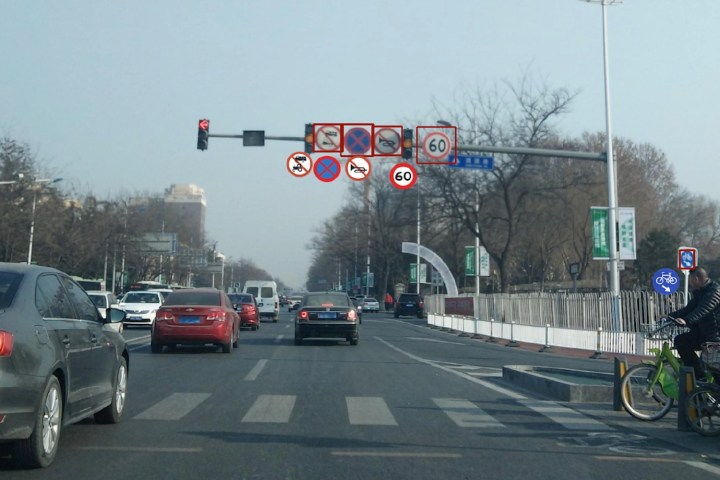
As it turns out, from warnings about polar bears to alerts concerning “invisible cows,” there are some pretty darn unusual roadside messages you’ll come across as you travel the globe. But if you’re only used to the regular old boring signs found in your neighborhood, being expected to understand all of them from behind the wheel is a tall order.
Throw self-driving cars — which need to understand this stuff to get you safely from point A to point B — into the mix and things become even more confusing.
Computer vision company Mapillary has spent the past several years working on just this problem.
“Mapillary is a collaborative street-level imagery platform powered by computer vision,” CEO and co-founder told Digital Trends. “The mission is to understand the world’s places through images and make this understanding available to all. Mapillary provides apps and tools for everyone, enabling individuals, businesses, and governments worldwide to contribute with street-level imagery. All images are connected in 3D and objects recognized in images are automatically labeled and turned into geospatial data. Mapillary has a viewer, APIs, and developer tools for easy use of this imagery and geospatial data in a wide range of applications.”
Already, Mapillary has mapped more than 1.6 million miles of street-level imagery and thanks to its machine learning algorithms and convolutional neural network lays claim to one of the biggest such archives of its kind. On Monday, it announced the addition of 500 new signs to its image recognition system, along with an expansion beyond Europe and the U.S. to cover more than 60 countries — ranging from China to South Africa.
At present, the data is being used to help cities and road authorities do sign inventory, but there are plenty of other possible applications. For instance, how useful would it be to hire a car overseas and have your car spot signs up ahead and give you advance notice, or a quick explainer, on what they mean? While nothing has been announced yet, according to Solem, “[we] have no problems licensing this technology to fit in cars.”
In other words, keep your eyes on this space. But also on the road. Especially when there are polar bears crossing.


